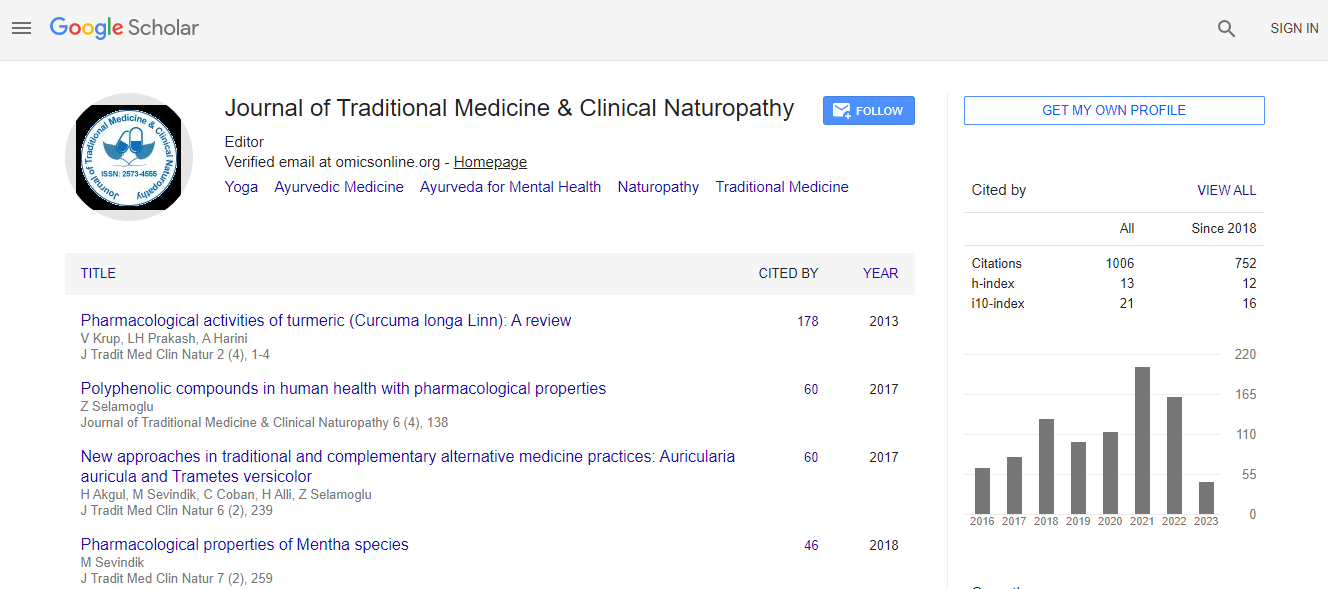Case Report
Topical Effects of Capsicum frutescens on Hand Pain in Patients with Rheumatoid Arthritis: A Case Report
Susana Seca1*, Liliana Geada2 and António S Cabrita31Institute of Biomedical Sciences Abel Salazar, University of Porto, 4050-313 Porto, Portugal
2Faculty of Medicine, University of Coimbra, 3045-137 Coimbra, Portugal
3Heidelberg School of Chinese Medicine, 69126 Heidelberg, Germany
- *Corresponding Author:
- Susana Seca
Institute of Biomedical Sciences Abel Salazar
University of Porto, 4050-313 Porto
Portugal
Tel: 00351914265319
E-mail: susana.seca@hotmail.com
Received Date: December 29, 2016; Accepted Date: January 13, 2017; Published Date: January 18, 2017
Citation: Seca S, Geada L, Cabrita AS (2017) Topical Effects of Capsicum frutescens on Hand Pain in Patients with Rheumatoid Arthritis: A Case Report. J Tradit Med Clin Natur 6:207.
Copyright: © 2017 Seca S, et al. This is an open-access article distributed under the terms of the Creative Commons Attribution License, which permits unrestricted use, distribution, and reproduction in any medium, provided the original author and source are credited.
Abstract
Background: Rheumatoid Arthritis (RA) is a crippling autoimmune disease that predominantly affects individuals in the prime of their lives. Patients and physicians dissatisfied with the currently therapeutic strategies are integrating the complementary and alternative medicines in the control of the disease. Given that topical treatment with Capsicum frutescens may be a new target in the control of the clinical manifestations of RA, it is our objective to evaluate the effectiveness of its application in pain, strength and health functional status. Methods/Design: A group of four patients with clinical features of a specific Traditional Chinese Medicine syndrome and RA at remission stage applied a C. frutescens prepared. We assessed the effects of the topical application in the pain, strength and the functional status. Results: The patients’ hand strength increased, with a favorable repercussion on functional capacity. Additionally, instances of self-reported pain improved. Discussion: The findings of this study suggest that C. frutescens may have favorable effects in pain relief, strength and functional status. This justifies the use of C. frutescens in future controlled placebo studies.

 Spanish
Spanish  Chinese
Chinese  Russian
Russian  German
German  French
French  Japanese
Japanese  Portuguese
Portuguese  Hindi
Hindi 
